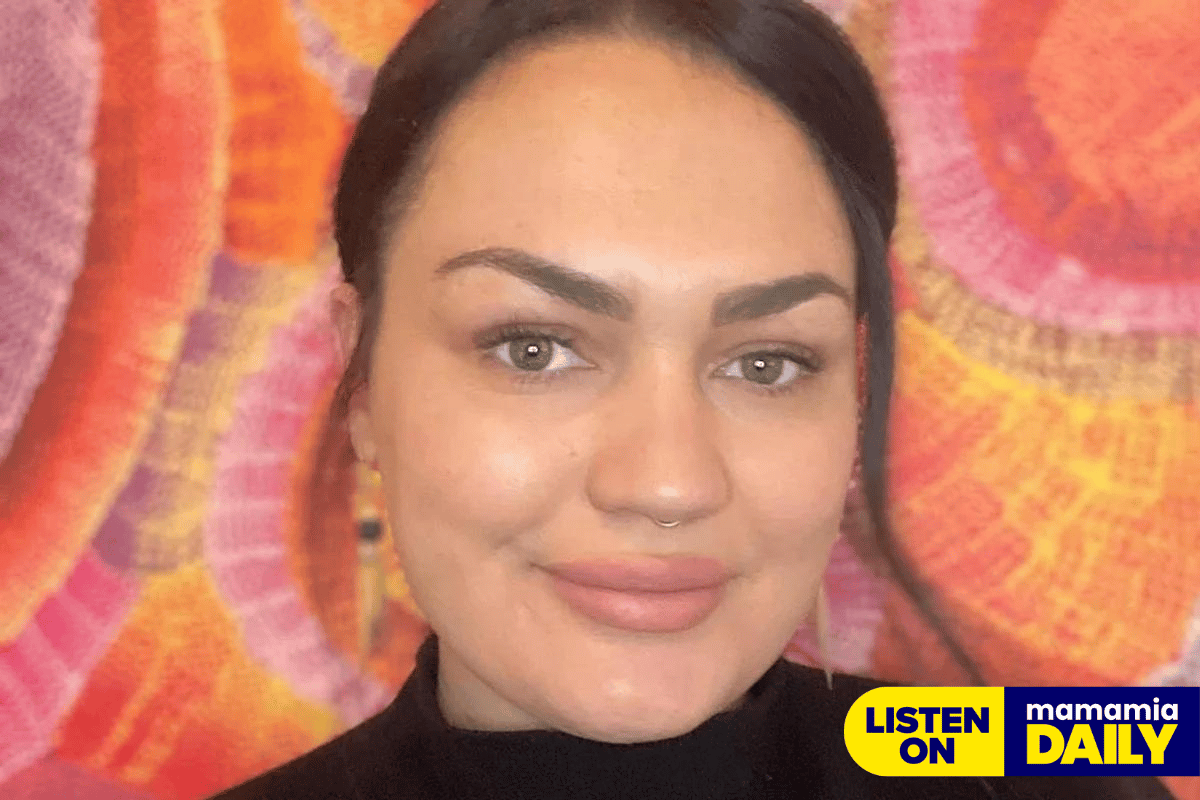
Listen to this story being read by Natasha Lucas, here.
My birth as an Aboriginal woman is already a political act. I cannot tell you how many times I have had to tick "Aboriginal" on forms, ones that I don't even understand the relevance.
I am born a statistic. Even now, my 11-year-old daughter was recently told to self-exclude during the national anthem because she wouldn't stand and sing, in fear that it would encourage others. This is what comes from Australia's deep colonial roots that this country refuses to acknowledge or dismantle.
I was respectful enough to listen to the five-minute speech given by Prime Minister Anthony Albanese where he detailed the 16 visits the Queen made to Australia. On her first visit as reigning Queen, it is estimated she met 70 per cent of the population - Aboriginal people were discreetly kept away. It has been well documented and worth noting that the Queen would visit a further four times whilst the White Australia policy was still enacted.
Our experiences in Australia are vastly different.
Watch: What country means to Indigenous people. Story continues below.
As an Aboriginal woman, I can remember one of the only funny memories of my Pop, who was a part of the Stolen Generation. He was a man of very few words. But I do remember him saying he hoped he would make it to 100 years old so he could wipe his behind with his letter from the crown.

Top Comments